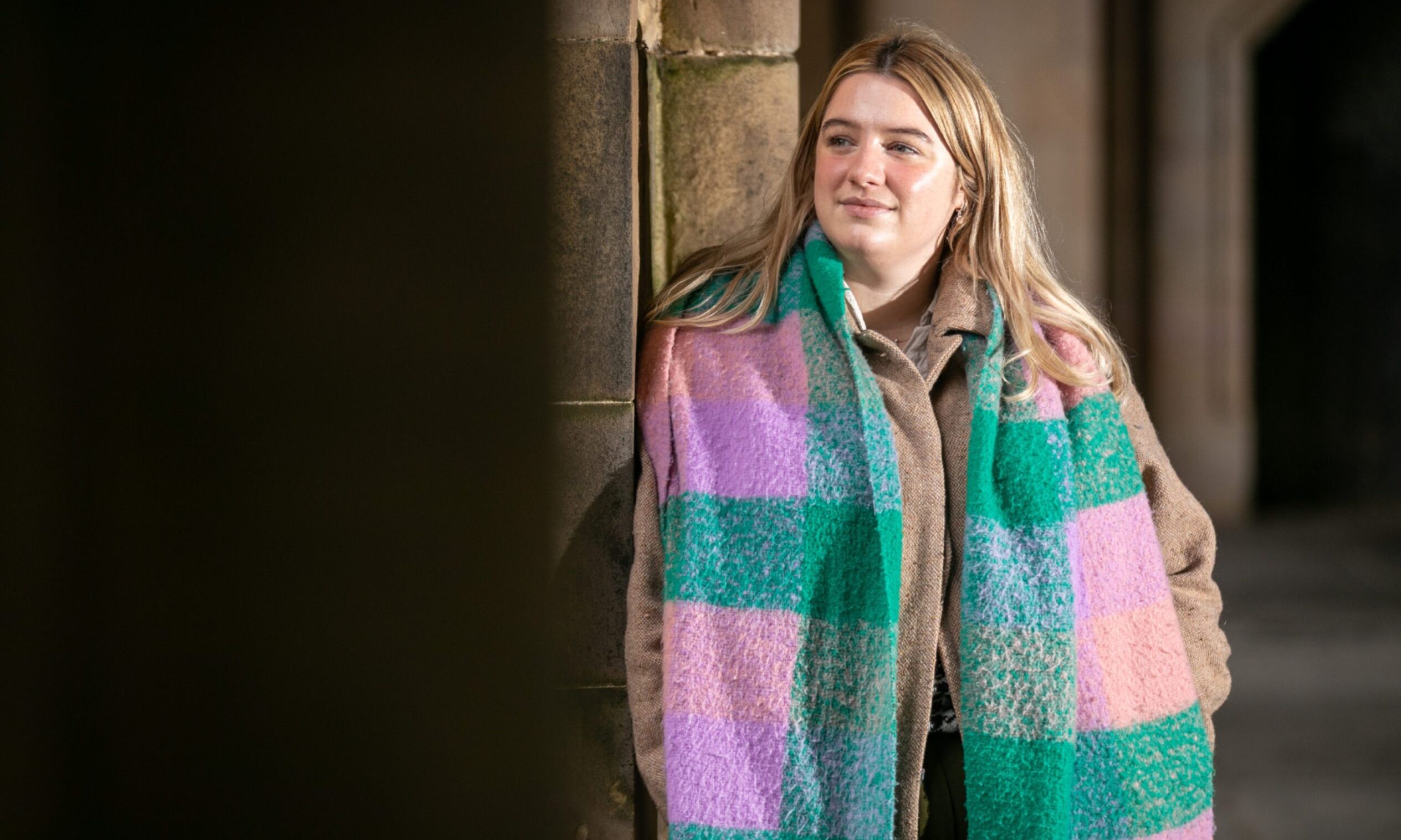
As Rebecca Munro strode up to collect her masters degree she recalled the Dundee teacher who dismissed her as a “badly-behaved nuisance”.
And she thought of her days in care as a child, and hitting rock bottom sofa-surfing as a homeless teenager.
Rebecca, 29, who lives in Newport, was graduating with a masters degree with distinction in management from St Andrews University.
She now works with the university encouraging care-experienced children to aspire to higher education.
But her odds-defying story could easily have been so different.
And she is telling it to show children in care that with the right support they can achieve beyond their wildest dreams.
The contrast between her life now and that of 11 years ago is vividly illustrated by photos of her aged 18 and in her in graduation robes in St Andrews’ iconic St Salvator’s Quad in November.
Former Harris Academy pupil Rebecca was in and out of care during her teenage years. Time in foster care and a residential home were interspersed a period back with her parents and some ‘normal’ years living with her gran.
She spent several months sofa-surfing – a time she describes as “horrible” and “degrading” – before being given a flat in a unit for homeless young people aged 18.
‘This is what you are and will always be’
She said: “When I was in my third year at school I was really lashing out; I wasn’t a well-behaved child, which is very normal for kids with the problems I had.
“A teacher pulled me out of class and said something really elitist to me, like you are always going to be this.
“It was the first time someone had put the mirror on me and said ‘this is what you are and this what you will always be’. And that was someone badly behaved, a nuisance and not really wanted in class.”
That moment of self-awareness, she said, was a turning point.
“I was like ‘is this how people see me? I don’t want to be seen like that’. I knew I was lashing out but it was what my peers did and I was just going along with the crowd.
“But the consequences would have affected me worse because of what was going on at home or the trajectory my life could have taken, being care-experienced and more likely to go to jail than go to university.”
Fewer than 2% of care-experienced people graduate from university while around a quarter of the UK’s adult prisoners have been in care.
But Rebecca’s resilient attitude, which she attributes to her childhood experiences, meant the comment which could have crippled her further focussed her determination to do well.
“From third year onwards,” she said, “I changed my friend group and was with really good peers.
“My friends were quite middle class and their aspirations became mine. That [higher education] was the path they were going on and that was appealing to me.”
Her poor start in life meant Rebecca was behind her new friends academically, and she left school with some qualifications but not enough for university.
By then she had turned 18 and, out of the care system, found herself homeless.
A friend’s parents helped her get into accommodation for homeless youths with Action for Children.
There, she found support from staff she had not experienced before.
She said: “I was finally encouraged and my dreams weren’t dampened.
“Although I was not in a great situation it was the best situation I could have been in because the right people were around me.”
University scholarship made study possible
Although determined to return to education, she needed to earn money and worked for a couple of years in a Dundee pub and a restaurant before she could take that step.
During that time, she met her partner of 11 years, Duncan Mitchell, who she said didn’t judge her on her background and has become her “guiding light”.
Rebecca was at studying for Highers at Dundee College when she learned about St Andrews University’s supported pathways scheme.
Awarded a place to study at the prestigious university, she was given a scholarship which allowed her to commute from Dundee and give up work to concentrate on her geography course.
During this time she also advocated for care-experienced children with the charity Who Cares? Scotland and contributed to The Promise, Scotland’s commitment to care-experienced children.
And this work saw her invited to an event with then First Minister Nicola Sturgeon by university principal Dame Sally Mapstone.
Rebecca completed her degree with first class honours and won a scholarship which allowed her to study in Atlanta for a year.
On her return to Scotland, she embarked on her MLitt degree, again enabled by a scholarship.
And in November, Duncan and her sister Amy-Louise watched proudly as she was awarded her masters degree with distinction at a ceremony at the Younger Hall.
The couple live what Rebecca describes as a “normal life” and are saving to buy a house.
Rebecca said: “There have been so many points in my life where I’ve had so many lows and I don’t know how I overcome them but somehow I did.
“Going back to the teacher in third year who, in my words now, I didn’t have the words then, was downright elitist, that is always just hanging around.
“I’m always so conscious of how I am and how I come across, and education has really validated me.
“I worked really hard in my two degrees because I needed to do well.
“Now I’m at a place where I can heave a sigh of relief. I’ve got my degrees I couldn’t do better; it’s only up from here.”
It’s really important to show young people… that there is a different way to live your life, and a way to get out of that.”
In September, Rebecca began working for the university’s admissions team where her role includes working with care-experienced pupils through school outreach programmes.
She said: “It’s really important to show young people who are potentially on the same trajectory as I could have been that there is a different way to live your life, and a way to get out of that.
“With the care-experienced population, there’s the stigma and they can feel quite low about themselves.
“It might be hard to swallow the first time they meet me but hopefully I leave them with a message that they can mull over and say ‘actually, maybe I do want to stay on at school’ or ‘maybe I do want to achieve higher’.”

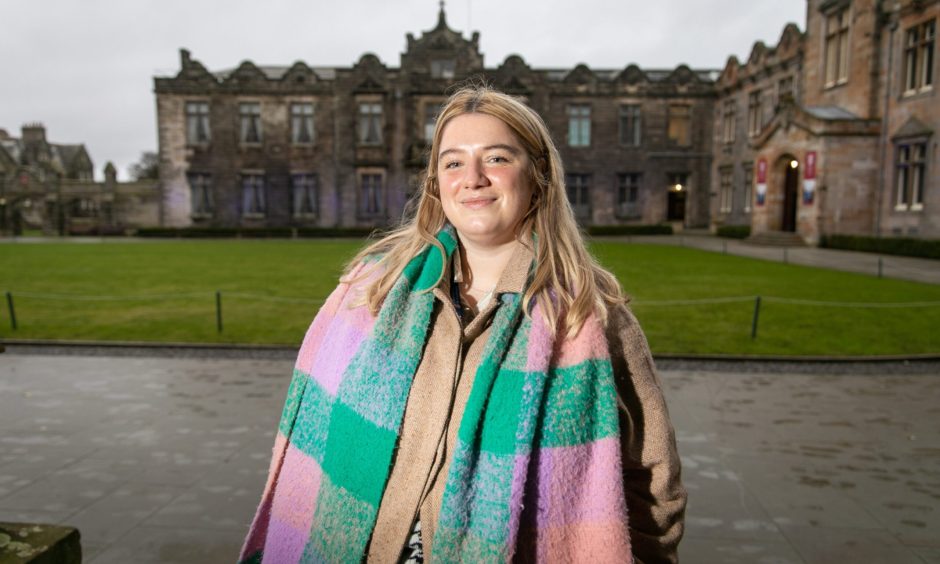
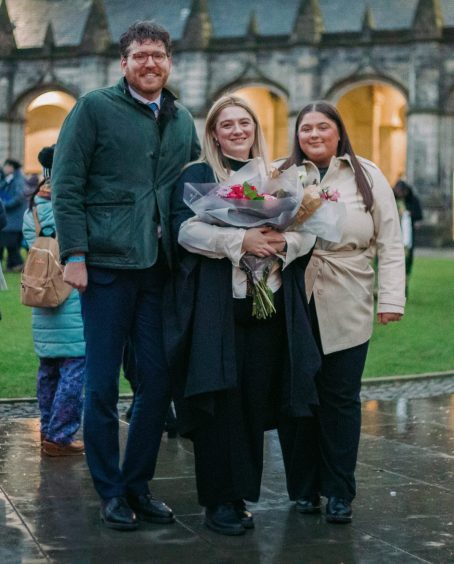

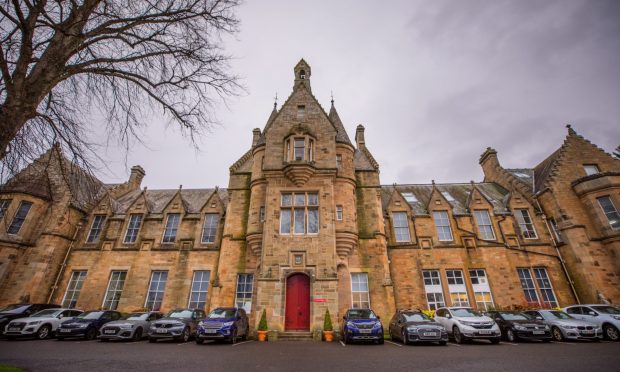

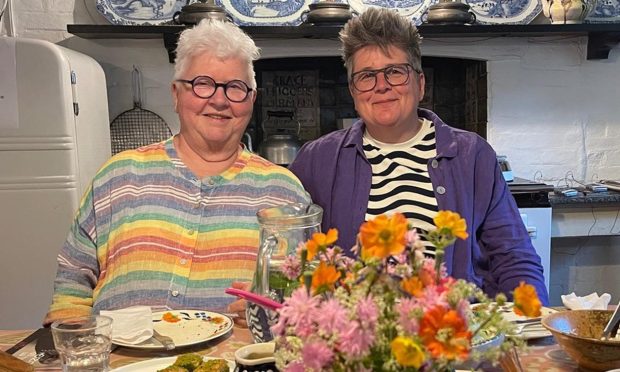
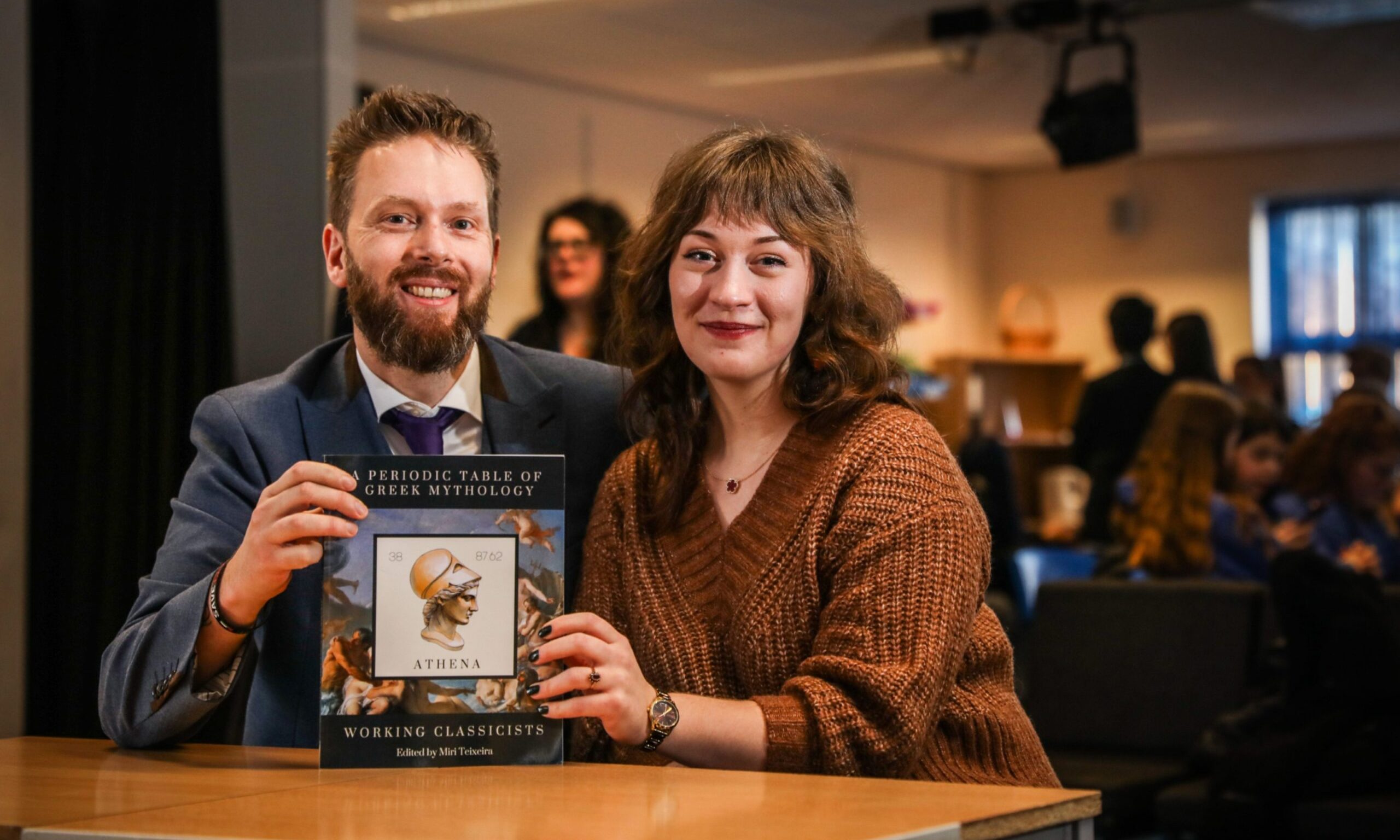
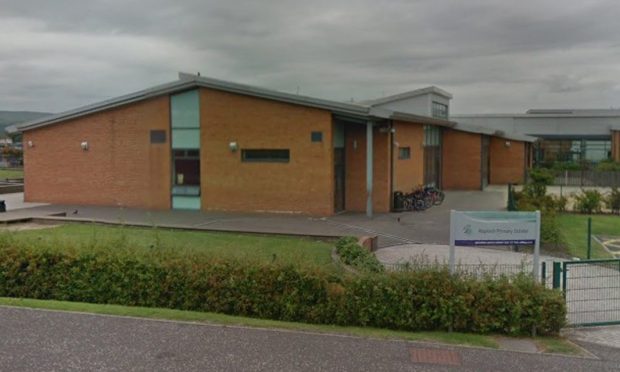

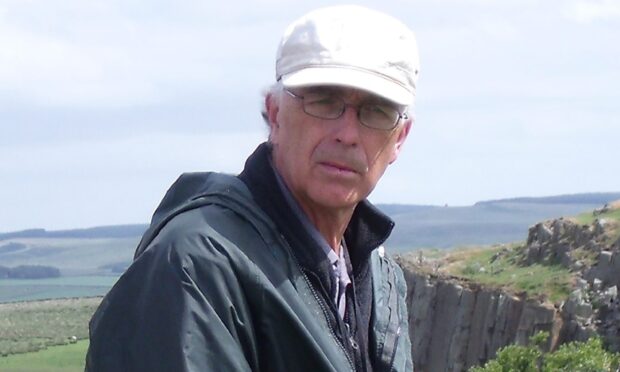
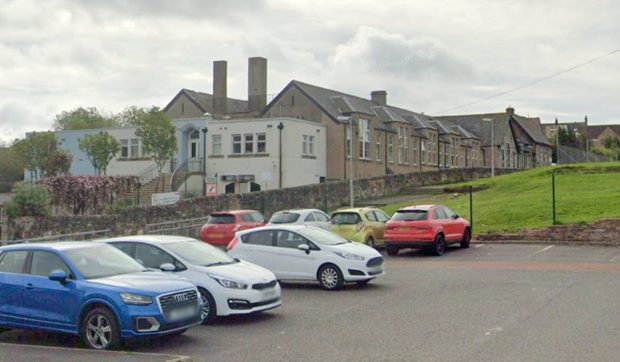
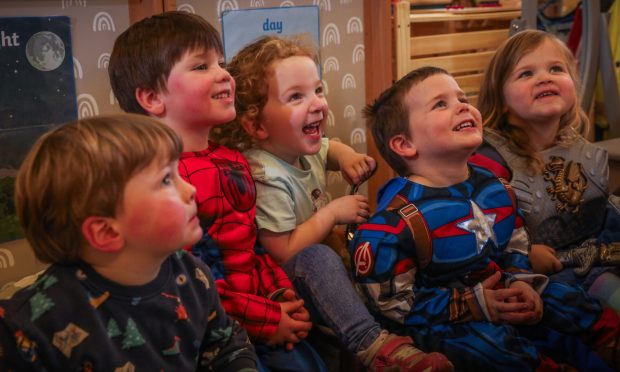
Conversation